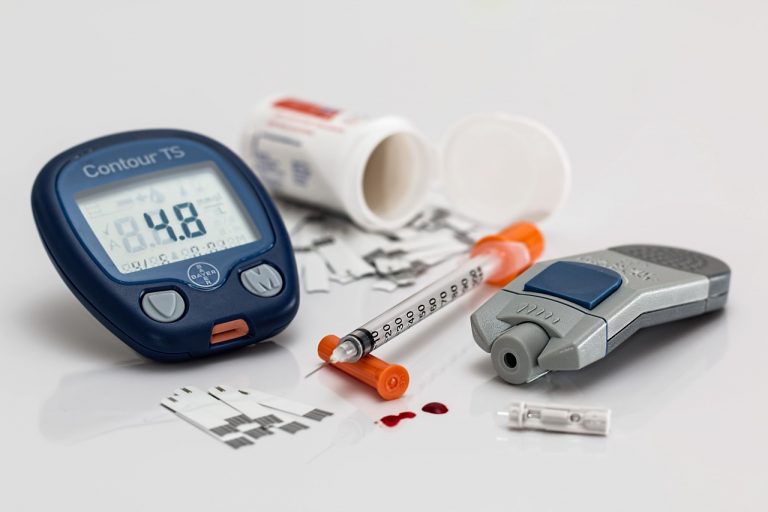In an increasingly consumer-friendly world, where the availability of highly processed products is at hand, there are more and more people who are overweight and obese. Lack of time to prepare a meal, and often even to eat it, means that busy people reach for products that have a positive effect on the deposition of adipose tissue. The worst thing is that this problem also affects children. Why is this happening?
Sugars - the importance of processes in the body
Two hormones, insulin and glucagon, are responsible for storing and burning fat in the body. Insulin is a hormone that controls blood sugar levels, making sure that it’s not too much in it. Glucagon has an antagonistic effect to insulin. When there is too little glucose in the blood, glucagon is supposed to provide it.
What relationship do these hormones have with highly processed foods? Very big. Fast food, sweets, and some fruits are products with a high glycaemic index. The glycaemic index is an indicator of the effect of a given product on the level of sugar in the blood within 2-3 hours after ingestion. Eating a high GI product causes a sharp increase in blood sugar levels, which in turn is a signal for insulin to lower this level.
Insulin removes glucose from the blood mainly to the liver and skeletal muscle, and if the body is unable to use it, it’s stored in the form of triglycerides (TG) in adipose tissue. The problem starts here. The amount of simple sugars in the diet is what our body will look like. If there are too many of them, and additionally physical activity is negligible, sugars will be transformed into triglycerides and stored in the form of adipose tissue.
If the daily menu consists mainly of simple carbohydrates, that is white bread, white pasta, white rice, etc., the blood glucose level will increase rapidly, and the sudden outburst of insulin will immediately remove it from the bloodstream. Consequently, it will not be in the brain tissue for which it’s a nutrient. If the brain has nothing to derive from it, it gives a signal that it needs sugar - which makes us hungry
As a result, the organism is overfeeding and, as a consequence, it accumulates adipose tissue. The more the sugar level is higher than the norm in the body, the more often the standard of insulin level in blood is exceeded. Such conditions affect the development of obesity, atherosclerosis and the risk of heart disease. Permanent diet and lack of movement after some time lead to insulin resistance, and later develops type II diabetes.

What is insulin resistance?
Normal blood sugar is controlled by insulin. Constant reproaches mean that the body gets used to the level of it being high often. Therefore, it becomes more resistant to its operation. This leads to a condition in which a high level of insulin in the blood does not lower the level of sugar contained in it.
How fat burning occurs
The previously mentioned glucagon is responsible for the processes related to the breakdown of adipose tissue. Its role is to break down adipose tissue to release sugars from triglycerides. When is glucagon released?When your blood sugar level falls to a very low level.
Therefore, in order to achieve the effects of a weight loss diet, you should remember that it’s the quality, not the quantity of food that’s important. First of all, you need to control the addiction to sugar, which forces the body into a number of troubles.






